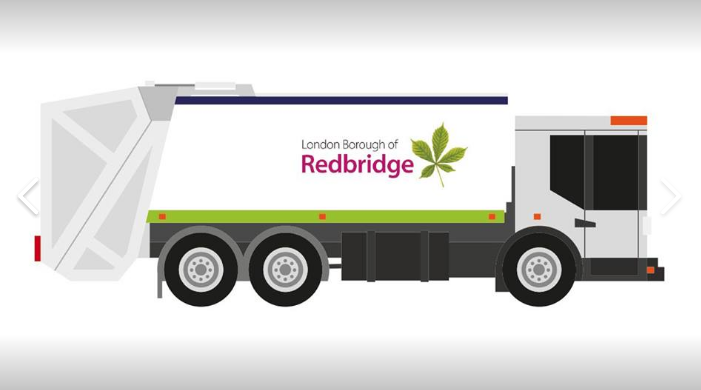Next week, Redbridge Council’s cabinet will consider a report from officers recommending that it brings to an end the arrangement under which its waste and recycling services have been run for it by a private company and reverts to running them itself.
John Howard, Redbridge’s cabinet member for environment and sustainability, has described this in-sourcing plan, which will almost certainly be adopted, as meaning “residents’ money will go into local services and not into private companies’ profits”. He told the Ilford Recorder that “the previous Conservative administration left us with a legacy of poor contracts” that did not provide the best value for money.
The fighting talk is unsurprising. Labour won control of Redbridge for the first time ever in 2014 and has no intention of letting the Town Hall return to Tory hands on 3 May. Howard’s comments also seem to speak to the Corbynite re-nationalisation agenda that enthuses many of the party’s newer activists.
However, Redbridge’s imminent decision, which would come into effect from August next year, is perhaps more fully understood not as political blow against a financially inefficient Conservative privatisation but as the best available option for running this most basic of council services in the context of general financial pressures and increasing demands on waste service provision after the current out-sourced contract expires.
At any rate, that is how the report itself describes it. In its own words it “considers the strategic and operational issues which determine the most suitable option for service delivery given the financial challenge faced by the Council and expectations in respect of increasing recycling levels”. It then proceeds to weigh, measure, compare and contrast the out-source model, the in-house model it ultimately recommends and a third possibility, the council setting up its own company to run the service.
Its evidence is that all of these would cost around £5m to run each year, so there’s not much to choose between them on that score. “The cost results do not provide sufficient daylight between options,” says the report. How, then, does it distinguish between them? “The determination of the way forward is more likely to be influenced by qualitative and cultural issues.”
Without going into lots of detail, these largely come down to the council having the maximum possible direct control over how the services are tailored and changed as it moves to meet the demands of Sadiq Khan’s ambitious environmental targets – not only for recycling but also for air quality – and also, for example, renegotiating the terms of its contract with the East London Waste Authority, which takes Redbridge’s waste off its hands. “Budget certainty and risk transfer, usually heralded as reasons for outsourcing, do not override the need for flexibility and control in Redbridge’s case,” the officers conclude.
The current Redbridge deal is described as a rare example of a “labour-only” contract (with Amey PLC), which means the workforce is outsourced while the council has continued to be responsible for maintaining the vehicle fleet. Even so, Redbridge’s approaching ending of it is an example of what has, in fact, been a quite a trend among local authorities across the country in recent years to reject outsourcing, often for the very kinds of reasons Redbridge’s officers have cited.
Redbridge’s proposed new approach may indeed reflect the political disposition of the Labour politicians who will take the final decision. But it is being considered against an exacting backdrop of wider budgetary and policy pressures which any administration would have to deal with. Would Redbridge Conservatives’ preferred approach to waste and recycling services be different from that of Labour? Perhaps we will find out before election day.
Read the officers’ report here (item 9, page 75) and there’s more from John Howard in the Twitter thread here.

